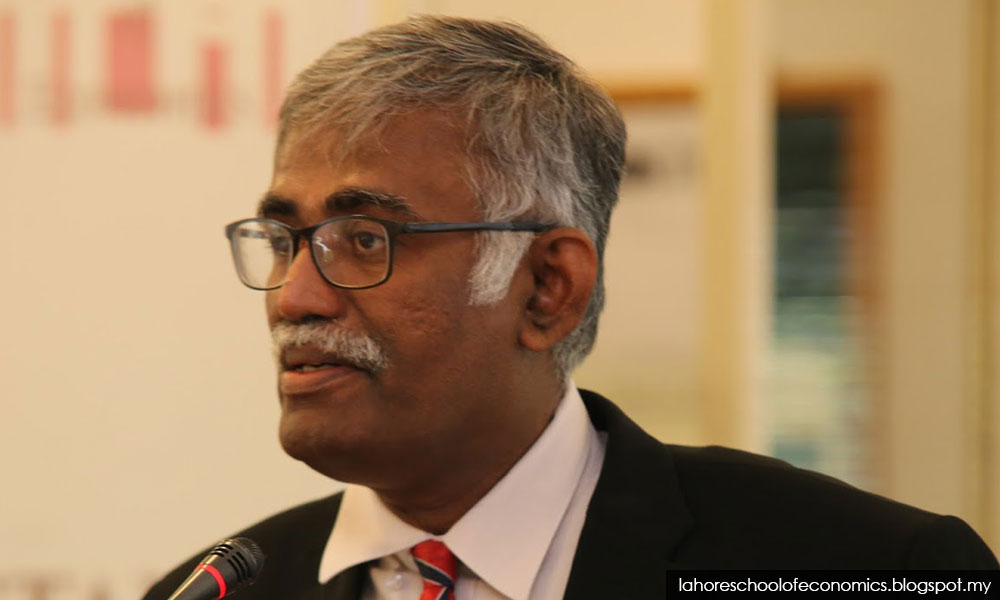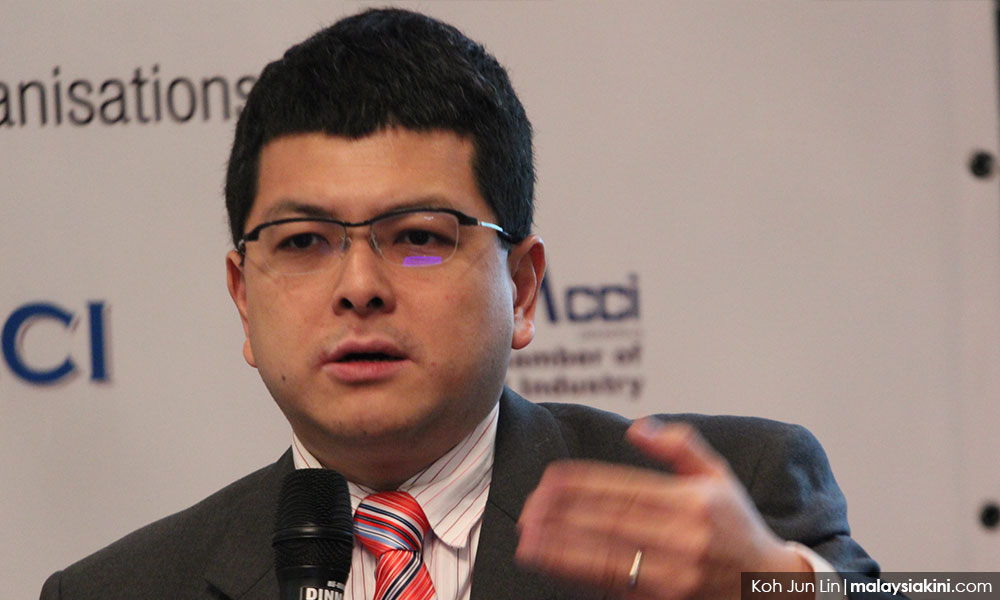
CORONAVIRUS | While generally lauding the government’s recently announced RM10 billion stimulus package for small and medium enterprises (SMEs), economists have called for more to be done to safeguard wage earners in the present uncertain Covid-19 pandemic era.
Wan Ya Shin, a research manager with the Institute for Democracy and Economic Affairs (Ideas), told Malaysiakini that while the SME stimulus package is good as it focuses on securing jobs and is more targeted to support smaller businesses, among others, there was a lack of expansion on the Employment Retention Programme.
“The self-employed in the informal sector would be left out of this scheme. It would be good to expand the Employment Retention Programme to include the informal sector through Socso (Social Security Organisation) for those who are self-employed,” she said yesterday (April 6).
“My view is that when there are limitations in the fiscal space, then the government should prioritise and target those who are most vulnerable.
“We need to have equitable burden-sharing among the government, employers and employees. Employers should take care of their employees as much as possible,” Wan (photo, below) said.

Universiti Malaya (UM) economics professor Rajah Rasiah, in lauding the SME stimulus package’s increase in wage subsidies as helpful, noted, however, that the package does not recognise situations where employees are not working to support their performance.
He noted that if this was the case, SMEs would be required to pay the balance of their wage bills themselves, even if they have been forced to shut down.
Pointing to the United Kingdom’s approach of bearing 80 percent of the wage bill, the Malaysian government may need to consider bearing 80 percent of the payroll and rental in a possible similar situation.
“The government should consider the moratorium as a shutdown for firms required to shut down because of the decree (from the movement control order, MCO) or because their workers are not allowed to travel to work.
“Hence, the government should bear at least 80 percent of their payroll and rental, and at the same time have all interests waived during the clampdown period.
“The government should also consider some direct cash to ease SMEs' bigger than micro firms to ease their cash flow problems,” Rajah (photo, below) said.

On whether the Malaysian government could do more to beef up the present RM10 billion SME stimulus package, a senior fellow at the Singapore Institute of International Affairs, Oh Ei Sun, said the government could consider utilising between 10 to 20 percent of its foreign reserves to increase supplement to SMEs, which in turn will help the employees.
“These are difficult times and there is not a lot of trade going on. As around the world factories are shut down and we, as an open economy, don’t do a lot of trading during this difficult period.
“Perhaps the government can afford to use 10, 15 or 20 percent of its foreign reserves,” Oh said.
He added that the government could also consider allowing individuals and SMEs to delay payment of taxes between three to six months as part of additional measures to help SME firms and their staff to weather the present economic situation.
“The government can consider delaying income tax payment (for individuals as well as SMEs) for three to six months. Also possible (is to allow) a delay in KWSP (Employees Provident Fund) payments for three to six months.
“Not saying to waive it, but to delay the payments, if possible,” Oh said.
On whether the government can afford this RM10 billion SME stimulus package under the present economic situation, he said that abnormal and difficult times required necessary measures.
“These are abnormal times, difficult times. It is not a question of good or bad, it is a question of what is necessary.
“Small and medium enterprises, as the PM (Prime Minister Muhyiddin Yassin) mentioned, they (the SMEs) shoulder two-thirds of the employment in this country (Malaysia) and they need help.
“Because, especially for small enterprises and micro-businesses, they face a lot of difficulty in retaining employees.

“This is because, very often, they don’t have business anymore, yet they have to pay wages,” Oh (photo, above) said, adding that the RM1,200 wage subsidy for companies with 75 staff or less is extremely helpful for both firms and those on their payroll.
He cautioned that if SMEs do not get subsidies to help them during the present MCO period, where much of Malaysia’s economic activities have been affected, they would not be able to survive beyond this month.
“Very often, if they don't have a subsidy (to help them face the present lack of economic activity due to the MCO), they would not be able to survive beyond this month as they do not have a business and face great difficulty in collecting payments during this period. These businesses depend on cash flow,” Oh said.
Yesterday (April 6), Muhyiddin announced an expansion of Putrajaya’s three-month wage subsidy scheme to RM13.8 billion, up from RM5.9 billion announced previously, or an increase of 134 percent.
Announced as part of an RM10 billion stimulus package for SMEs, the beefed-up wage subsidy scheme covers all employees with a salary of RM4,000 a month and below.
They must be working in a legally registered company as of Jan 1 and have contributed to Socso.
Companies that opt-in for this scheme must not retrench their workers for a total of six months, beginning from the first payment.
The wage subsidy for each individual retained is as follows:
- Companies with 200 staff and above - RM600
- Companies with 76 to 200 staff - RM800
- Companies with up to 75 staff - RM1,200
- Mkini



No comments:
Post a Comment
Note: Only a member of this blog may post a comment.